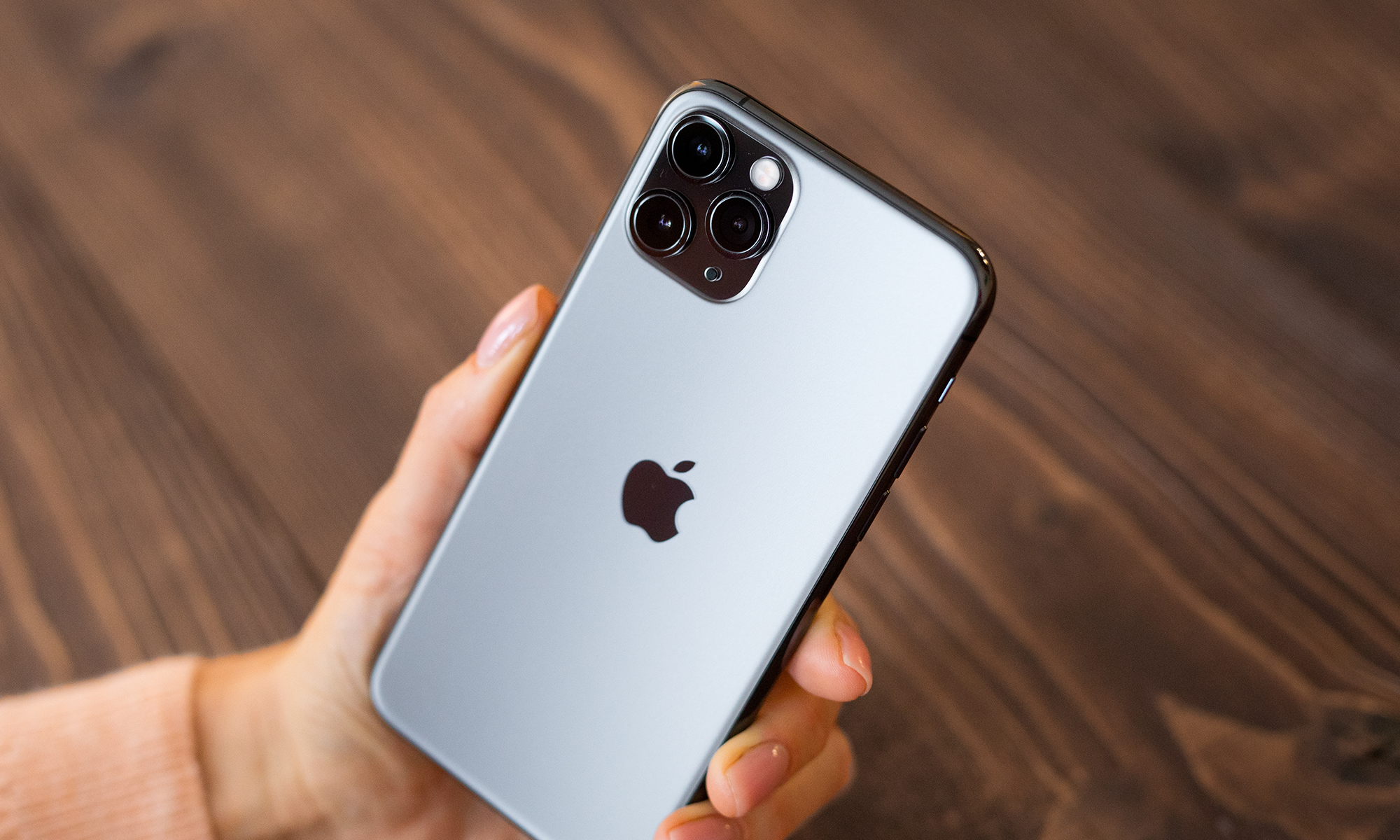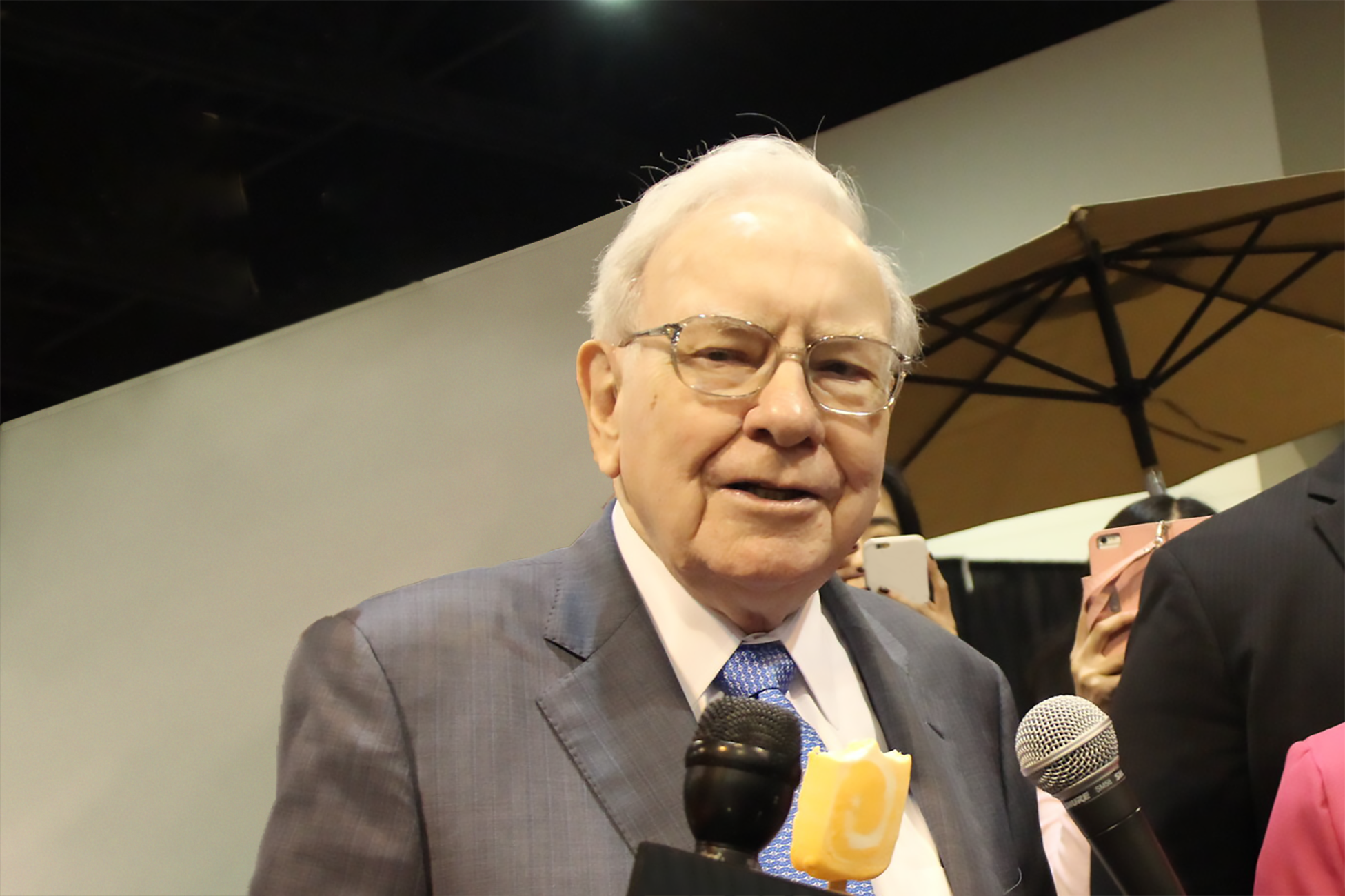
Ad blocker Been Choice, which blocks ads in native apps (like Apple's News app), was blocked from Apple's app store. Source: Been Choice
The ad-blockalypse is upon us, and publishers everywhere want you to know it's a really important thing -- for them, of course. The term, which refers to the rise of ad-blocking software that's hurting publishers' ad-based monetization strategies, has spurred an incessant amount of listicles, explainers, and (lots of) editorials, most -- shocker! -- arguing against ad-blocking software.
Although ad-blockers have been around for decades, the newest move from Apple (NASDAQ: AAPL) has reignited fears. That's because in the latest version of Apple's operating system, iOS 9, Apple is allowing ad blockers in the app store, enabling mobile browsers to cut down load times and data usage.
Interestingly enough, Apple also benefits from the inclusion of ad blockers on its devices at the expense of its biggest operating system competitor -- but don't expect Apple to carry every ad blocker.
This could drive articles and marketers to Apple News
With iOS 9, Apple made two large changes in respect to publishers. The aforementioned ad blocker was first, but the second was a rebranding of its former Newsstand app to the new Apple News format. One of the bigger changes between the two is a stronger alignment with Apple's iAD mobile ad-delivery platform that allows publishers to take 100% of all ads they sell or 70% of all ads Apple sells on the News app.
Ad blockers don't affect ads the Apple News and third-party apps (more on this later), as they do through mobile Safari browsing, so this essentially hurts Alphabet-owned Google's monetization on Apple devices, as well as ads direct from publishers, and shifts ad-spend to Cupertino. And that makes sense -- in the event that ad-blocking becomes more popular, it is only natural for advertisers to seek outlets where their ads will actually lead to an impression.
There's another company that stands to benefit from Apple's decision: Facebook (NASDAQ: FB). Much like Apple, Facebook operates a 100%/70% model with publishers. The vast majority of users use Facebook's app for mobile browsing, "ad blockers haven't had as much impact" to Facebook's monetization model, commented a company spokesperson to CNBC. Now, if there were only an ad-blocker that could block ads on third-party or on native apps...
Ad-blocker Been Choice was blocked by Apple
There is one ad blocker that was blocked by Apple: Been Choice. The company's app, which blocks ads both on the device's mobile browser, and on a variety of native and third party apps -- including Facebook and Apple News -- was pulled from the App store after being available for only a few days.
The ad-blocking technology was quite revolutionary in both its level of technology -- using deep-packet inspection to filter out ads -- and who is the ultimate beneficiary, as the service allowed users to essentially sell the right for advertisers to deliver apps for rewards. Apparently, Apple had issues with the ad-blocking technology and Been Choice wanted to work with Apple to remain in the App store -- but it appears Apple was unwilling to do so.
A cynical person would say this was due to the ad-blocker's potential to hurt Apple's ad-based revenues -- and an even more cynical person would say Apple's being duplicitous by allowing ad blockers on its mobile browser and not on native ads. But in the end, it's Apple's App store and it's allowed to do as it pleases. Look for publishers to align more closely with Facebook and Apple and improve their own mobile apps to adjust to the rise of browser-focused ad blockers.







